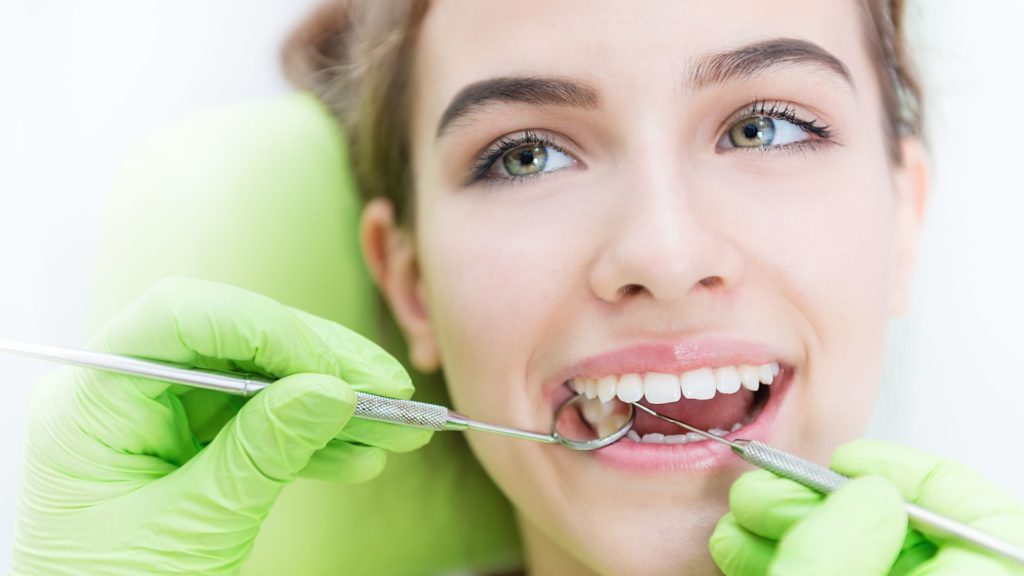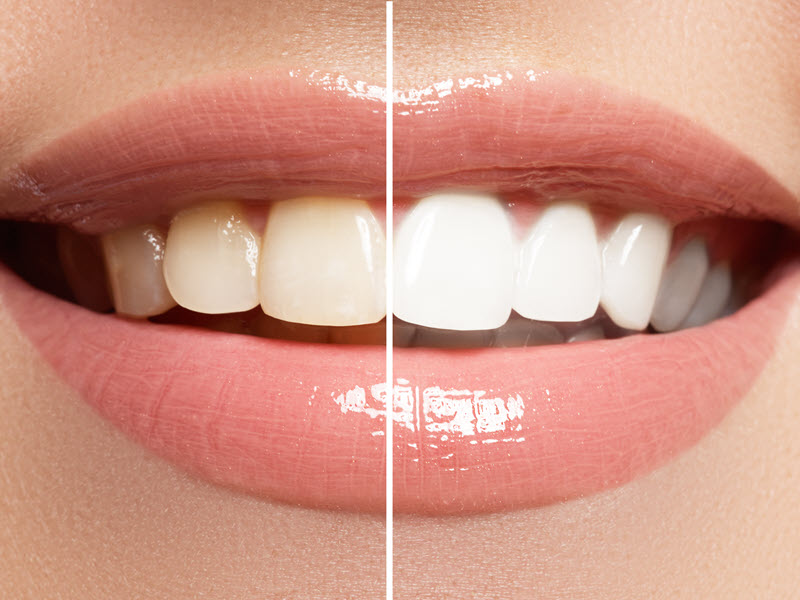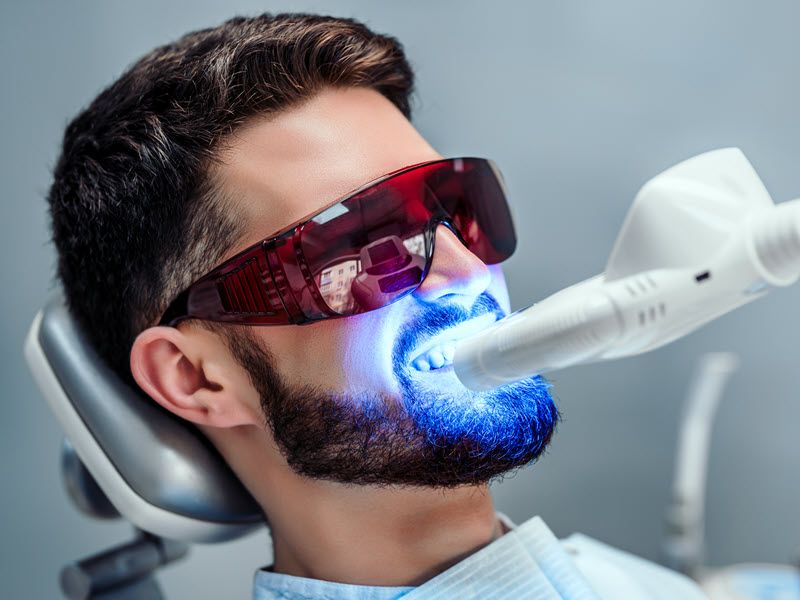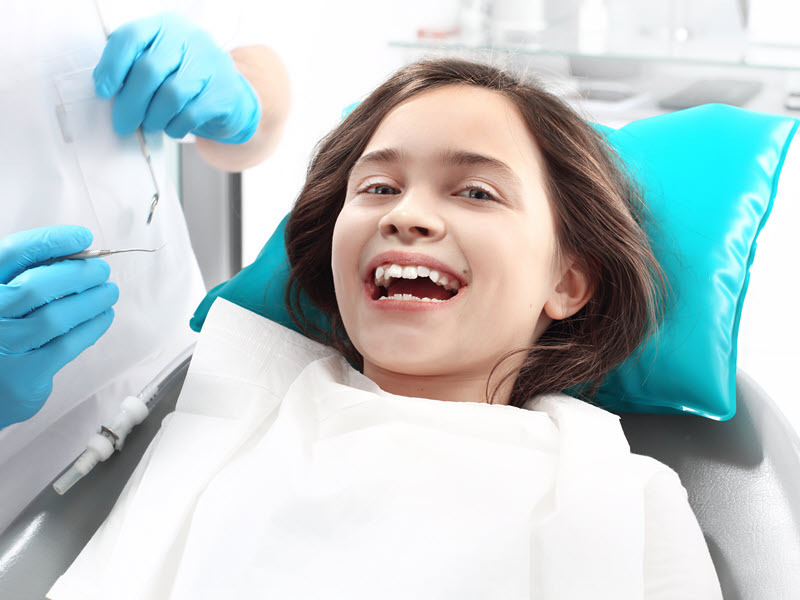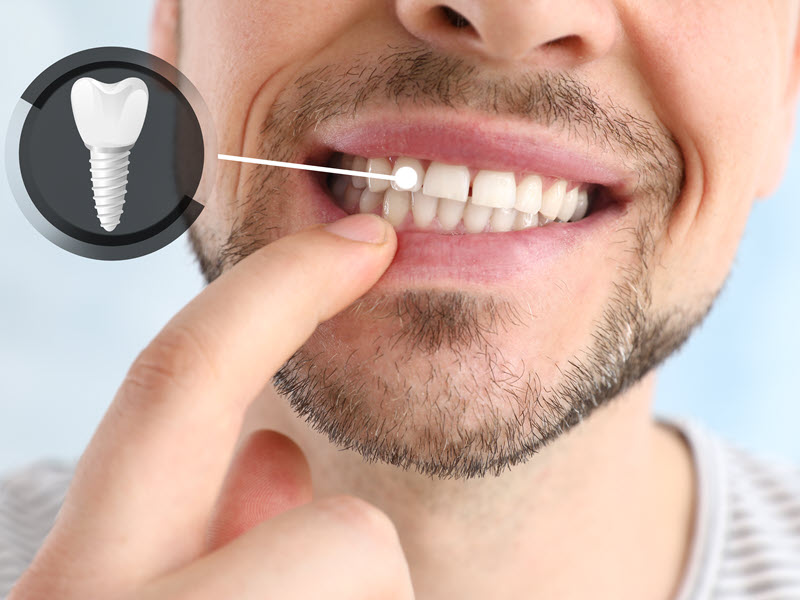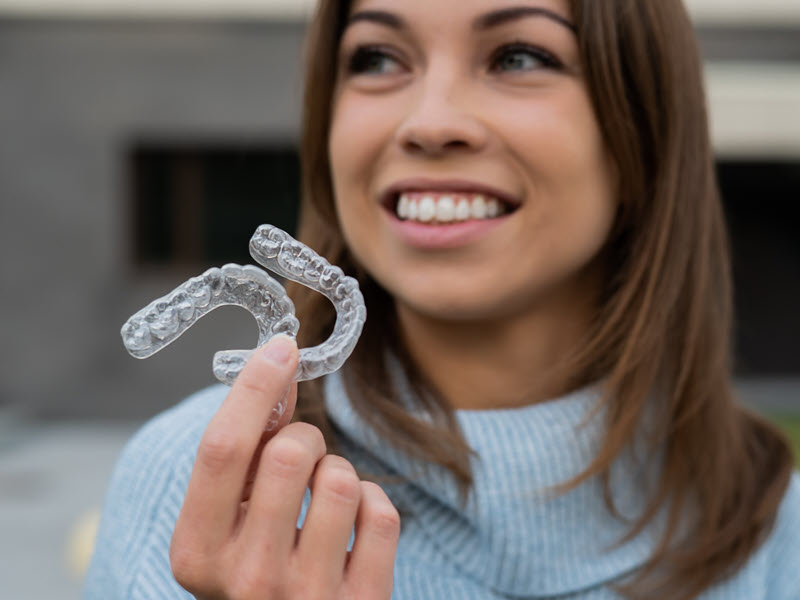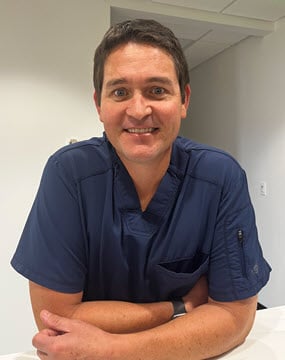What Is Fluoride?
Fluoride is a naturally occurring mineral that is found in some foods, water, and even toothpaste. Fluoride naturally occurs at low levels in drinking water. The American Dental Association supports the use of fluoride and fluoridated water as a way to prevent tooth decay for both kids and adults.
In some regions, including Fort Collins, fluoride is added to the water supply. This is called water fluoridation. Drinking water Fluoridation within Fort Collins is right within the recommended range of .7 ppm as set by the Centers for Disease Control.
Types of Fluoride Treatments
Topical Fluoride Treatment
Benefits of Fluoride for Your Teeth
- Cavity and Decay Resistance – It reduces the rate of how fast sugar causes cavities by making the tooth more resistant to bacteria by bolstering your tooth enamel.
- Repairs Small Holes Left by Decay – Flouride fills in tiny holes left behind by decay and can reduce the size of existing holes, which can protect against further decay.
- Plaque Prevention – Flouride prevents bacteria-caused plaque build-up. Excess plaque buildup can cause swelling and bleeding of your gums – which left untreated can lead to gum diseases like gingivitis and periodontitis.
- Prevents Tooth Loss – When decay is left untreated and plaque builds up, it can lead to infection, discomfort, tooth loss, and even tooth replacement surgery. Making sure that your teeth are getting the proper amount of fluoride can prevent expensive dental bills down the road.
- Decreases hyper sensitivity of teeth and gums
Fluoride Treatments for Your Family
After Flouride Treatment
After your fluoride treatment, you’ll want to abstain from eating, drinking, or rinsing your mouth. The goal is to give your teeth time to absorb the fluoride treatment. Instructions may vary a bit based on each patient but plan not to eat or drink for at least 4 hours.
Fluoride Treatment Frequently Asked Questions
Patients frequently have questions about the benefits and potential risks of fluoride treatments. Below, we’ve compiled some of those questions here to answer any concerns that you might have.
Are Fluoride Treatments Safe?
The application of fluoride to your teeth is a very safe procedure when performed here at our office at Murphy Dental.
Side Effects of Fluoride
When fluoride is ingested or applied outside of the recommendations set forth by the CDC and ADA, side effects - most notably fluorosis - can occur. Teeth can be discolored and may cause teeth to have somewhat rough surfaces. Proper application of fluoride by a dentist (like Murphy Dental) will help you to avoid side effects like fluorosis.
When Can I Brush My Teeth After a Fluoride Treatment?
After your fluoride treatment, you should refrain from brushing your teeth for at least 4 hours. Brushing right after a Fluoride Treatment can wash away some of the fluoride gel - doing so defeats the purpose of the fluoride treatment itself.
How Long After a Fluoride Treatment Can I Eat?
To allow the fluoride to fully absorb into your teeth, we recommend that you wait at least four hours before eating. The process of eating will remove fluoride from your teeth. You don't want to eat before the fluoride has a chance to be absorbed by your teeth. If you must eat, soft foods will have the least amount of negative impact on your fluoride treatment.
What Happens if I Eat Right After a Fluoride Treatment?
If you eat immediately after receiving your fluoride treatment, the fluoride will not fully absorb into your teeth and will be less effective at protecting you against cavities. Instructions will vary by patient but plan on refraining from eating or drinking anything hot or crunchy for at least 30 minutes to allow the fluoride adsorption process to take place.




